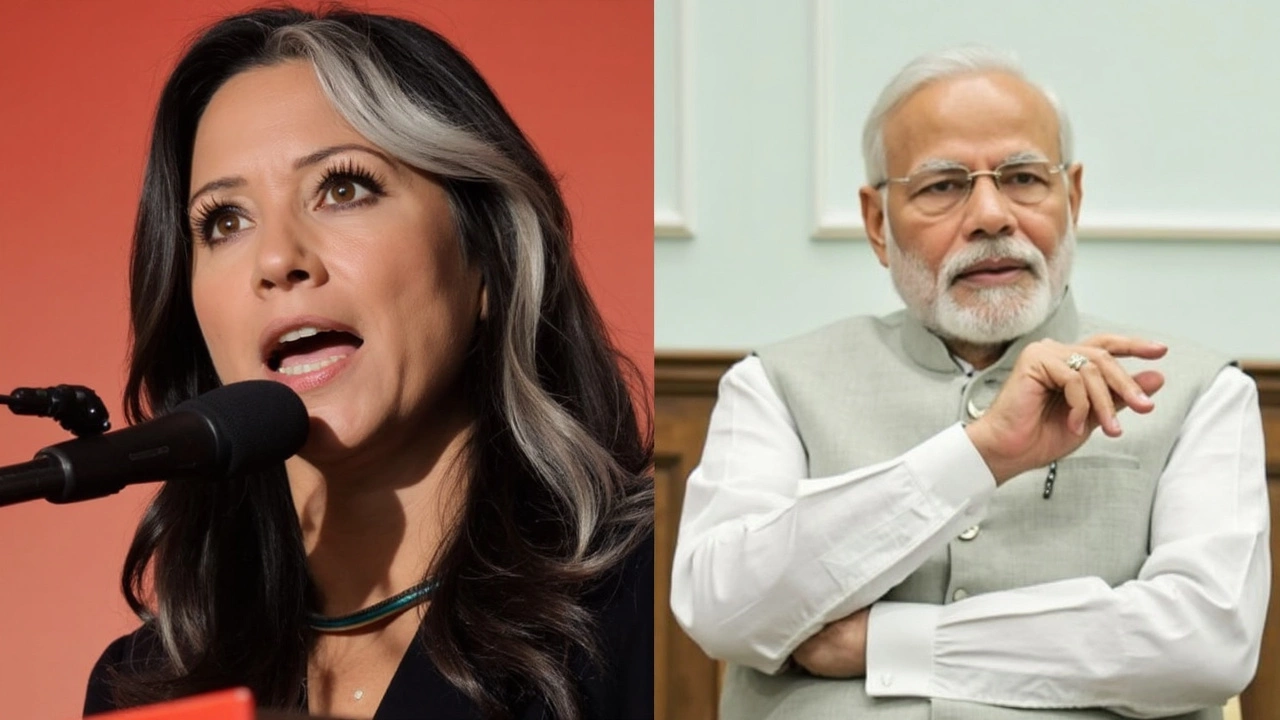Lashkar-e-Taiba: What You Need to Know
If you’ve heard the name Lashkar-e-Taiba (LeT), you probably think of headline‑making attacks in South Asia. But who are they, where did they come from, and why do they matter today? Let’s break it down in plain language.
Origins and Ideology
LeT was founded in the late 1980s by Zafar Iqbal, a Pakistani army officer who quit to join the Afghan Jihad against the Soviet Union. After the Soviets left, the group shifted focus to Kashmir, aiming to push India out of the region and establish an Islamic state. Their ideology mixes hard‑line religious views with a nationalist agenda that appeals to disaffected youth in Pakistan and Bangladesh.
Major Operations and Global Reach
LeT’s most infamous attack is the 2008 Mumbai attacks, where ten gunmen killed over 160 people. That incident put the group on the world’s radar and led to sanctions from the United States, the United Nations, and the European Union. Since then, they have been linked to countless bombings, shootings, and recruitment drives across India, Afghanistan, and even parts of Europe.
While most of their operations stay in South Asia, LeT has built a network of sympathizers in the Gulf states, the UK, and North America. They use social media, encrypted messaging apps, and diaspora charities to raise funds and spread propaganda. This global footprint makes it harder for any single country to shut them down.
Current Status and Counter‑Terrorism Efforts
Today LeT operates under a dual strategy: overt political activism through the banned political party Jamaat‑ud‑Dawa, and covert militant activities. Indian security forces regularly raid LeT hideouts, seize weapons, and arrest operatives. Pakistan’s military claims to have cracked down on the group, but reports suggest that many leaders still enjoy protection.
Internationally, the Financial Action Task Force (FATF) has put pressure on Pakistan to freeze LeT’s finances. The United States designates LeT as a Foreign Terrorist Organization, which blocks its assets and makes it illegal for Americans to support them. These moves have squeezed the group’s funding, but they still find ways around sanctions.
Why It Matters to You
Even if you’re not living near the India‑Pakistan border, LeT’s activities can affect global travel, trade, and security policies. Airlines, hotels, and tourist spots in the region have to adopt stricter safety measures. Plus, the group’s online propaganda can appear in your social feeds, trying to recruit or radicalize vulnerable people.
Understanding LeT helps you spot misinformation, stay aware of travel advisories, and support policies that aim to cut off terrorist financing. Knowledge is a small but powerful tool against extremism.
Looking Ahead
The fight against Lashkar-e-Taiba is far from over. As technology evolves, so do their recruitment and communication methods. Collaboration between India, Pakistan, and the wider international community will be crucial. Keep an eye on credible news sources for updates, and remember that staying informed is the first step in keeping communities safe.
In short, Lashkar-e-Taiba is a well‑organized militant group with deep roots in South Asian politics. Their ability to adapt makes them a persistent threat, but coordinated counter‑terrorism efforts and public awareness can limit their influence.
Pahalgam Terror Attack Leaves 28 Dead: Global Reactions and India’s Response
A brutal terror attack shook Jammu and Kashmir’s Baisaran Valley on April 22, 2025, leaving 28 dead and 20 injured. The Lashkar-e-Taiba-linked group claimed responsibility, sparking condemnation from the UN and outreach by Iran and Saudi Arabia. India has ramped up counter-terrorism efforts in response.
VIEW MORE